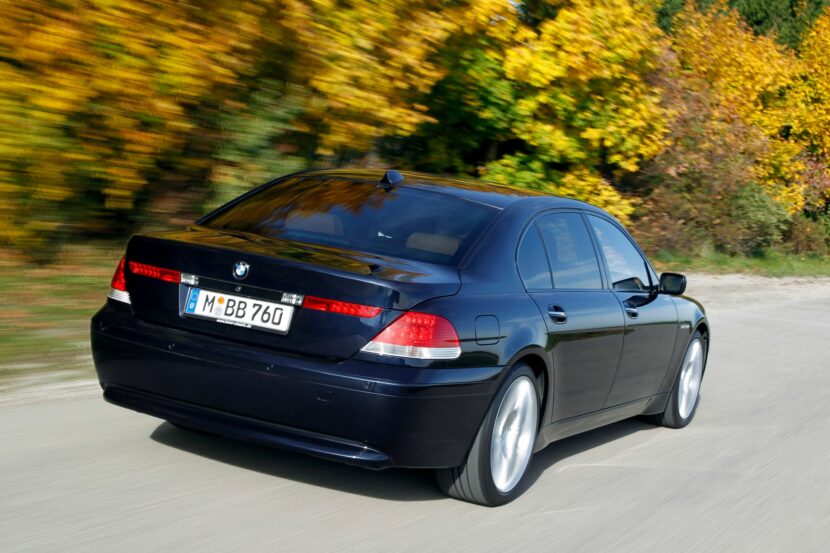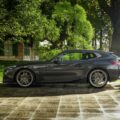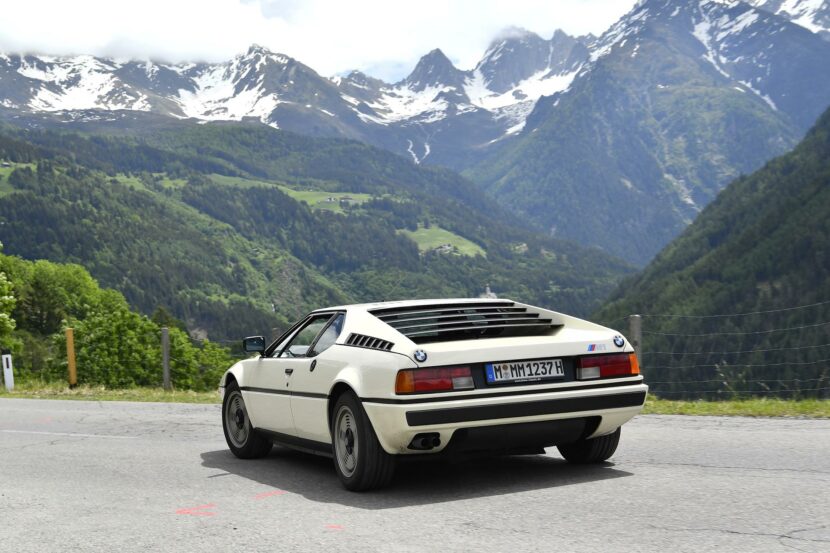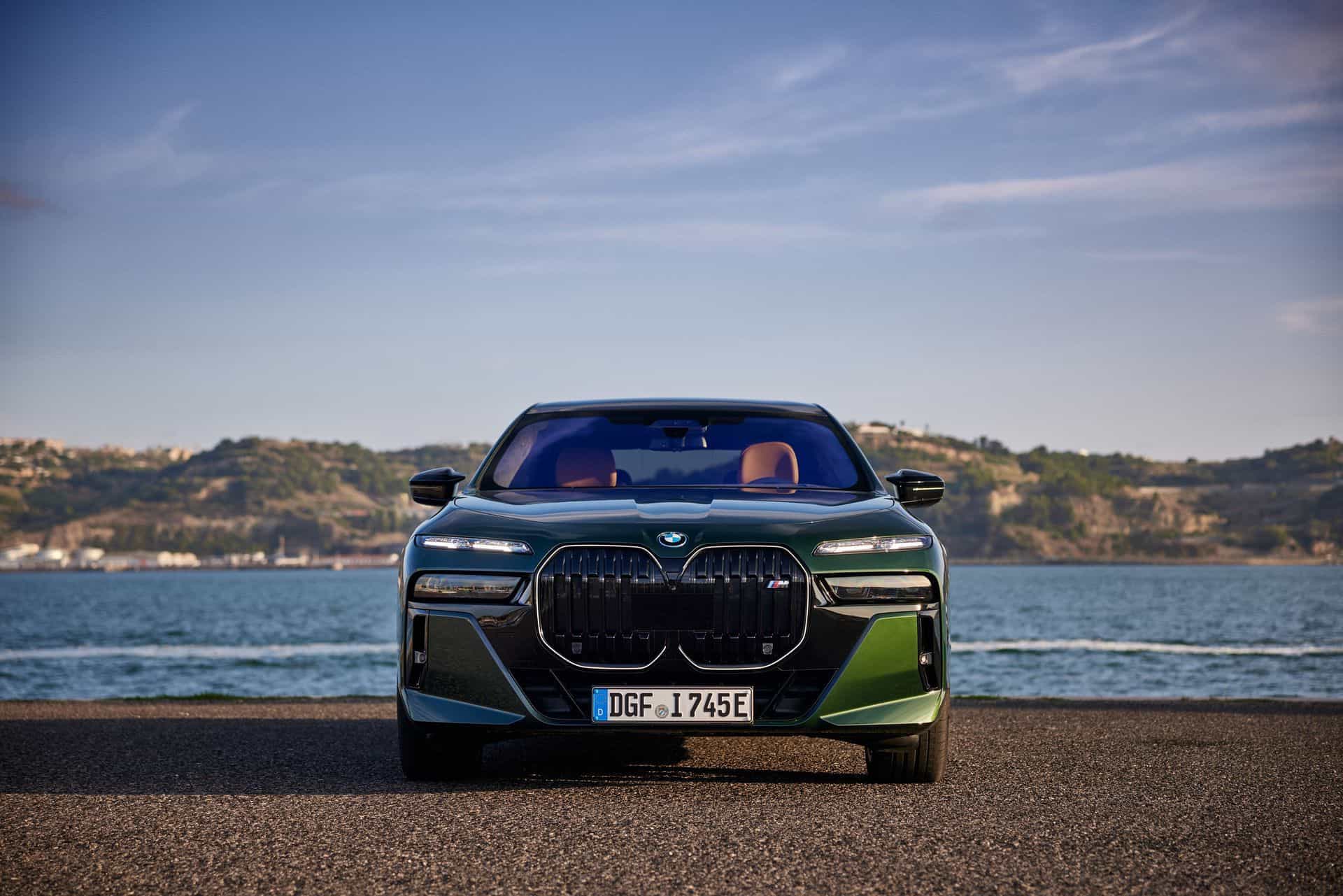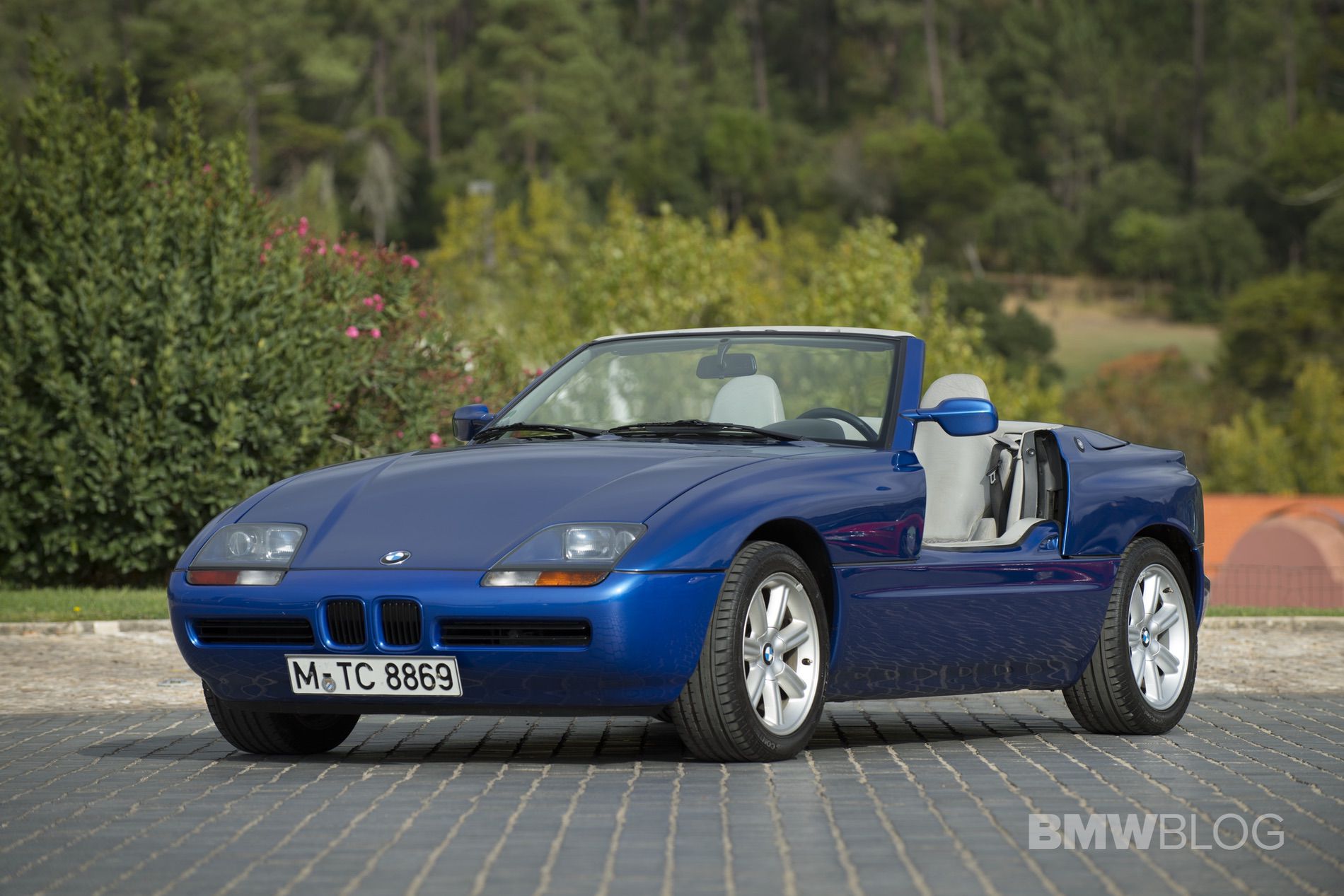BMW is one of the most successful automotive brands in the world, with 2.2 million annual sales and brand equity worth $52 billion. No doubt, it faces a lot of competition from established rivals like Mercedes-Benz and Lexus, as well as from upstarts such as Tesla and Lucid. But its status as a leader in the premium segment is undeniable.
That said, to maintain its success, the Bavarian giant has often contradicted its own legacy by venturing into new segments that didn’t align with its “Ultimate Driving Machine” ethos and pioneering technologies that initially alienated its customer base. To that end, this article will review the five most controversial BMWs of all time and their impact on the brand’s story.
BMW E65 7 Series
The E65 7 Series might be the most controversial BMW ever, due to its incredibly polarizing “Bangle Butt” styling and introduction of the iDrive infotainment system, which many critics found confusing and complex to use. It also faced significant reliability issues (which is why we advise against purchasing a used E65).
Despite these drawbacks, the fourth-generation 7er still sold quite well, though, with approximately 344,000 deliveries. Moreover, iDrive has evolved into one of BMW’s most crucial unique selling propositions (USPs), especially for the Neue Klasse (NK) vehicles.
BMW F80 M3
The F80 M3, being the first turbocharged M3, was always going to face a lot of skepticism and scrutiny. Nevertheless, much like the E65, it achieved significant commercial success, with 35,000 deliveries. Plus, its S55 engine went on to win the 2015 International Engine of the Year award. Not to mention, the F80’s success also paved the way for the first all-electric M3, expected to be launched on the NK platform in 2027.
BMW X5 E53
BMW entered the SUV market in 1999 with the E53 X5, a significant gamble at a time when SUVs were not typically associated with luxury or performance. However, the Munich-based automaker recognized the potential of SUVs for volume growth, and its bet paid off: the X5 became one of its best-selling luxury models, and SUVs now account for nearly 65 percent of BMW’s total sales in America.
Besides, BMW’s SUVs also offer impressive performance. The X5 M Competition, for instance, boasts 617 horsepower and accelerates from 0 to 60 mph in a mere 3.7 seconds—figures that surpass the Porsche 911 Carrera (388 horsepower, 0-60 mph in 3.9 seconds).
BMW 2 Series Active Tourer
To compete with the Mercedes-Benz B-Class, BMW came up with the 2 Series Active Tourer, a front-wheel-drive minivan. Like the E53, it faced criticism for not being a “pure BMW,” but it also achieved notable sales success, becoming the highest-selling premium MPV in Europe. Even then, BMW couldn’t establish the Active Tourer as successfully as its SUVs, and the model is scheduled for discontinuation in 2027.
BMW XM
The XM, being BMW’s first standalone M model since the M1 and its first high-performance plug-in hybrid, arrived with high expectations. And in terms of sheer performance, it delivered—boasting up to 738 horsepower and a 0-60 mph time of 3.6 seconds (XM Label). However, its over-the-top styling and high price tag (starting at around $160,500) proved to be major drawbacks. Needless to say, most customers prefer alternatives such as the Porsche Cayenne and Range Rover Sport.



